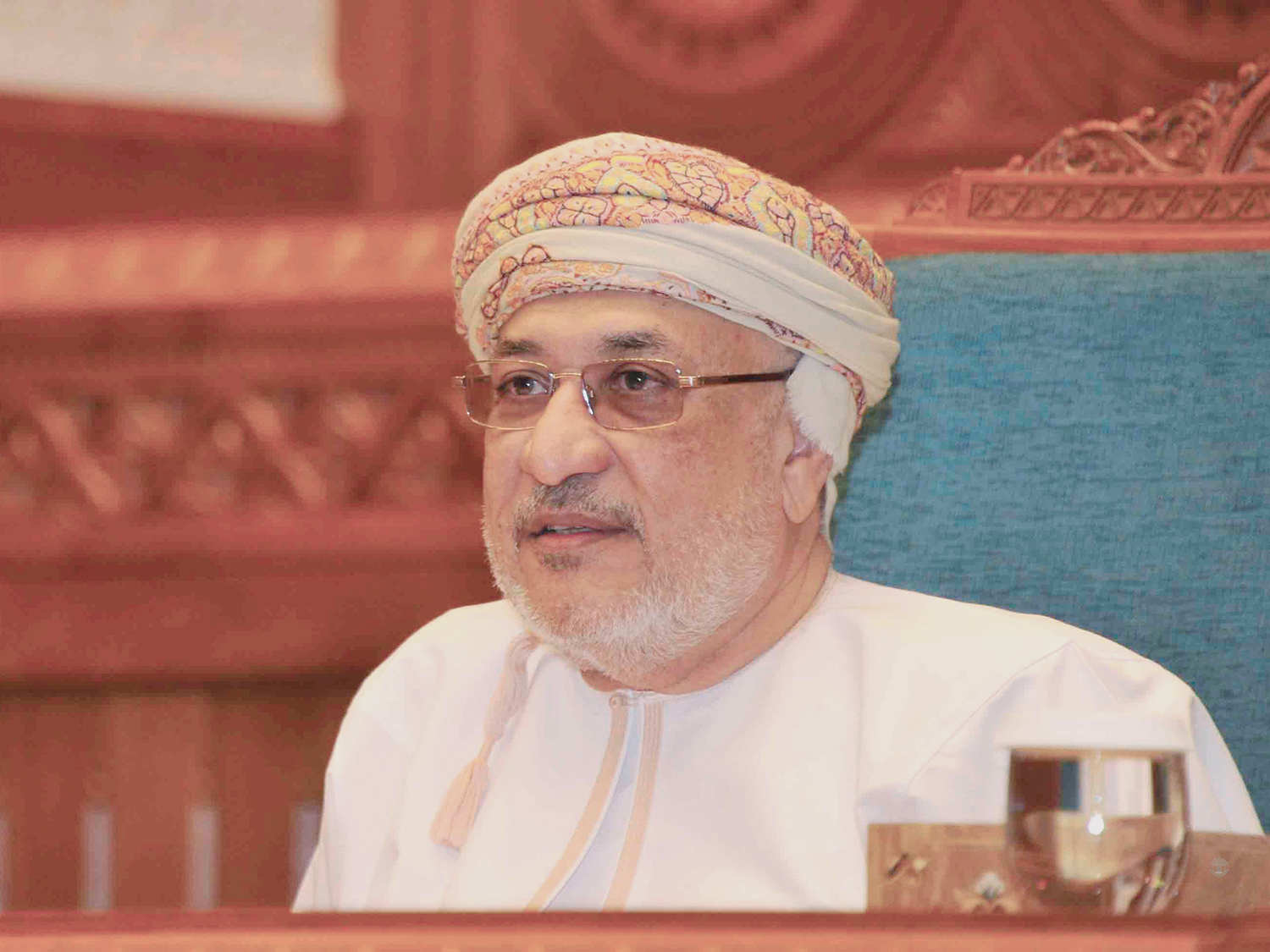

MUSCAT: The State Council session on Wednesday, examined and approved the proposal on its study of the Education and Research Committee titled ‘Revising the Duplication of Programmes and Majors at Higher Education Institutions’.
It also gave assent to the proposal by the Economic Committee to amend the economic development law issued by the Royal Decree No 9/75.
The State Council Chairman, Dr Yahya bin Mahfoudh al Mantheri chaired the session in the presence of the honourable council members and the Secretary-General of the Council.
The approval for the proposal on the study of the Education and Research Committee titled ‘Revising the Duplication of Programmes and Majors at Higher Education Institutions’ came following the intensive discussions at the council session. It was decided to institute a committee to incorporate the observations of the members.

The decision came after Dr Abdullah bin Mubarak al Shanfari, Head of the Committee, highlighted the efforts and initiatives made by the committee, which included hosting officials from the Ministry of Higher Education, Sultan Qaboos University and the Ministry of Manpower.
He said that education is the foundation of development, and qualified workforce is the prerequisite for societal progress.
Therefore, it is imperative to accord high care to educational and specialty programmes and ensure their adherence to quality.
In addition, there is an urgent need to assess and address challenges that hinder the achievement of the desired objectives. This has been affirmed by His Majesty Sultan Qaboos in his speech delivered at the opening of Council of Oman in 2012.
His Majesty had stressed on the need to place greater attention to the equation between educational outputs and labour market requirements. Dr Abdullah added that, at this stage, on priority basis we need to review education policies, plans and programmes and ensue that they are developed in line with changes taking place in the country and meet the requirements imposed by scientific progress.
It should help the future generations to be equipped with awareness, knowledge and capabilities required for useful work. This he added is the key factor behind the proposal tasked to the committee and the indictors, education stakeholders and reports from agencies support this. He said that the study aims at helping higher education institutions that deliver specialised programmes, to optimally utilise their efforts on certain disciplines instead of attributing them to diverse disciplines. The duplication of programmes diminishes the quality of output and the ability for the workforce to be absorbed in the job market.
The Committee had identified the challenges facing higher education institutions to avoid duplication and made recommendations and proposed solutions.
Dr Abdullah thanked the Chairman for the continued support for the success of the work of the Council in general and the Committee on Education and Research, in particular expressed his thanks to the Committee members and the General Secretariat represented by the Secretary-General, and the employees connected to the Committee for enabling the completion of the study.
Following this, Dr Raya bint Salim al Mantheri added that the study focuses on the duplication of programmes and disciplines arise in various higher education institutions in the absence of proper coordination between them, which affects the quality, and leads to the dilution of efforts and depletion of financial and human resources, in addition to diminishing the quality of the courses and the graduates.

Dr Raya said that the study identified the causes behind duplication and its negative effects
and challenges facing higher education institutions and ways to avoid their occurrence, and made recommendations to limit its effects to contribute in a more structured methodology for the programmes and disciplines.
She said that the recommendations include identifying job trends and future needs of disciplines in a more accurate and realistic manner and detailed by the authorities concerned. She emphasised on the need for a uniform system for determining the licence of programmes and specialisations offered in all institutions of higher learning mechanism, overseen by a committee specialised representative of all the relevant authorities, and have decision-making authority directed towards higher education institutions specialised in delivering its programmes.
The session also examined and approved the proposal by the Economic Committee to amend the economic development law issued by the Royal Decree No 9/75.
Mohammed bin Abdullah al Harthy, Head of the Committee, elucidated in his speech the importance of the amendments to the economic development Law, issued in 1975. Since then, the national economy has changed significantly and this necessitates the adoption of an economic development law that advocates laws to meet the current economic scenario.
Since 1975, he said many ministries, and government departments have undergone change or merging leading to change in the structure and components, thereby effecting the economic sector. It has caused reformation, abolition at times integration of entities thereby effecting the terms of reference of the development board, which in course of the changes has been distributed among the entities.
He pointed out that achieving the development goals would depend largely on the extent of harmony and homogeneity in the economic development laws.
It is imperative therefore, that the economic development laws evolve as suitable strategy for the future vision of the nation and cope up with the challenges that emerge in the national economy.
Oman Observer is now on the WhatsApp channel. Click here



